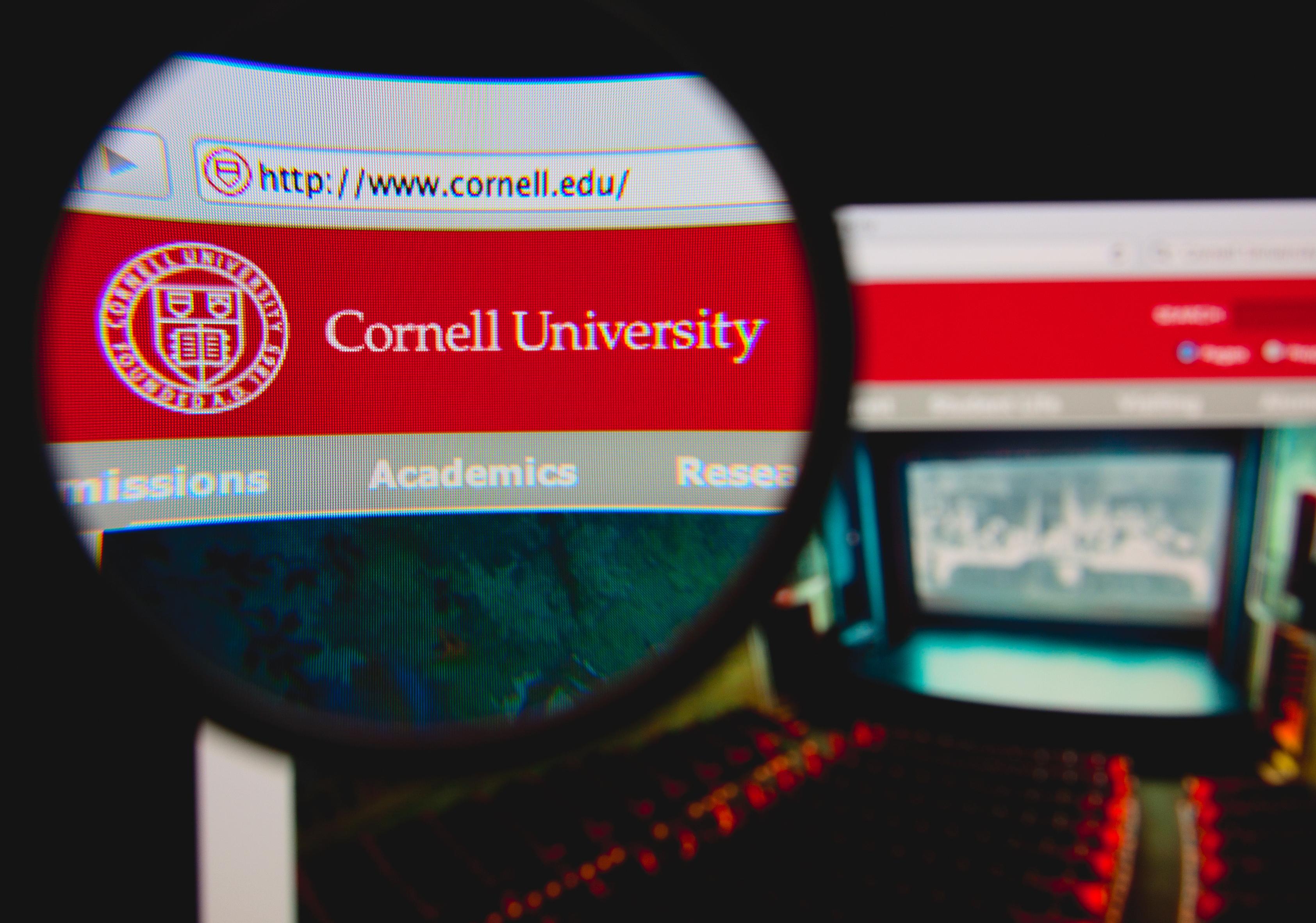Same circus, different clowns
Cornell erupts: President slams biased Gaza course, Faculty fires back
Same hatred, different classroom: Cornell faculty rushes to defend a course accusing Israel of 'genocide' while attacking their president's right to criticize it. Welcome to the new normal in American academia, where condemning antisemitism gets you branded as a threat to academic freedom.

Cornell University President Michael Kotlikoff has sparked controversy after criticizing a new course focused on Gaza, drawing fierce pushback from faculty who claim his comments threaten academic freedom.
The dispute centers on an upcoming course titled "Gaza, Indigeneity, Resistance," which examines Israel's actions in Gaza through the lens of "colonialism" and potential "genocide." The course is set to be taught by American Literature Professor Eric Cheyfitz, who has previously called Israel a "terrorist state" following Hamas' October 7 attacks.
The controversy erupted when a private email from Kotlikoff was made public by the university. In his message, responding to concerns raised by law lecturer Menachem Rosensaft about the course's potential anti-Semitic content, Kotlikoff expressed disappointment in the curriculum committee's approval of the course.
"Cornell courses should provoke thought and present multiple viewpoints, rather than transmit pre-formed views of a complex conflict," Kotlikoff wrote. "I personally find the course description to represent a radical, factually inaccurate, and biased view of the formation of the State of Israel and the ongoing conflict."
The Cornell chapter of the American Association of University Professors swiftly condemned Kotlikoff's remarks, calling them an "egregious threat to bedrock principles of academic freedom." The faculty group argued that his comments represent an attack on academic independence across the university.
Rosensaft, a former World Jewish Congress vice president, had initially raised concerns that the course could incite violence against Jewish and Israeli students, arguing it "justifies Palestinian terrorism and distorts history."
While Kotlikoff later clarified that his email was meant as private correspondence, faculty members remain critical. They argue that despite the administration's denials, his comments reveal an intent to monitor classroom content based on political considerations.
Ynet contributed to this article.